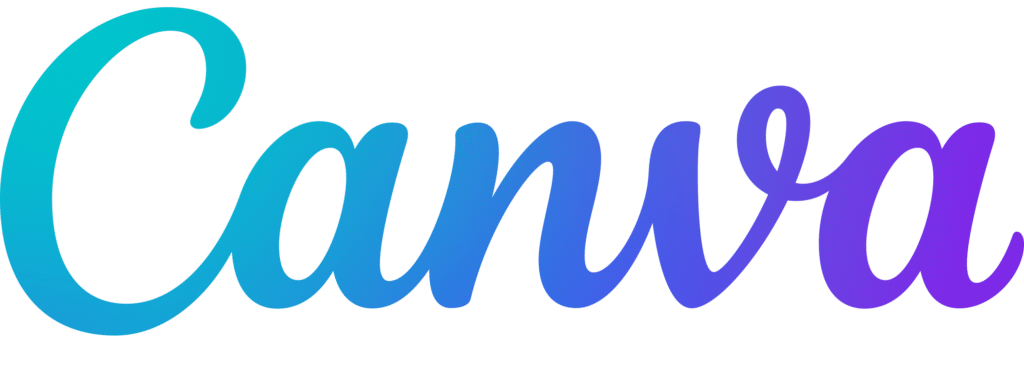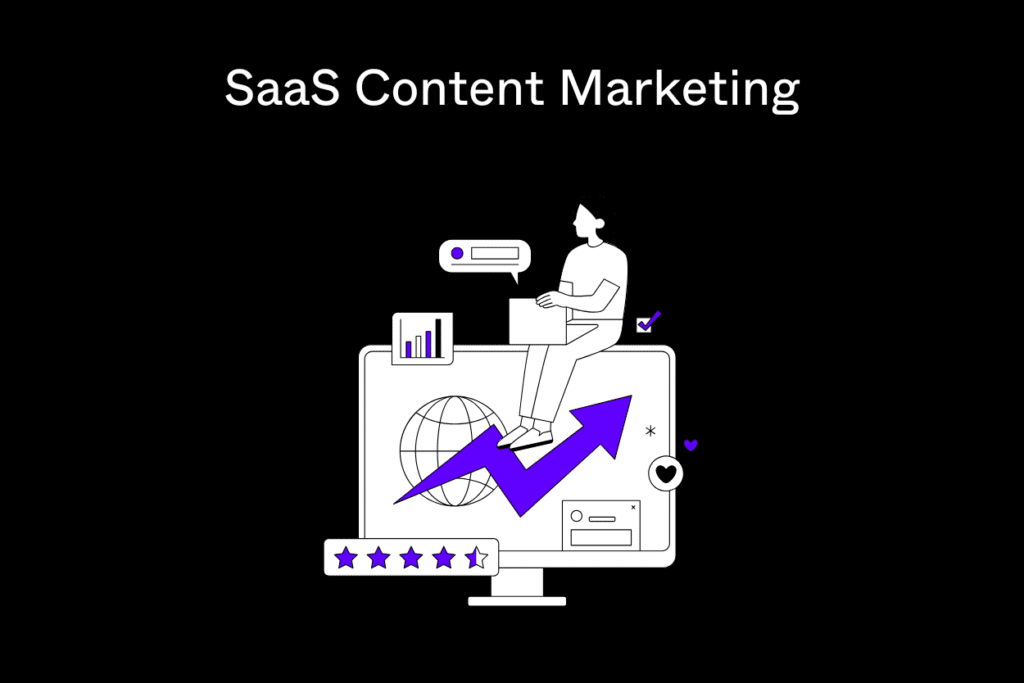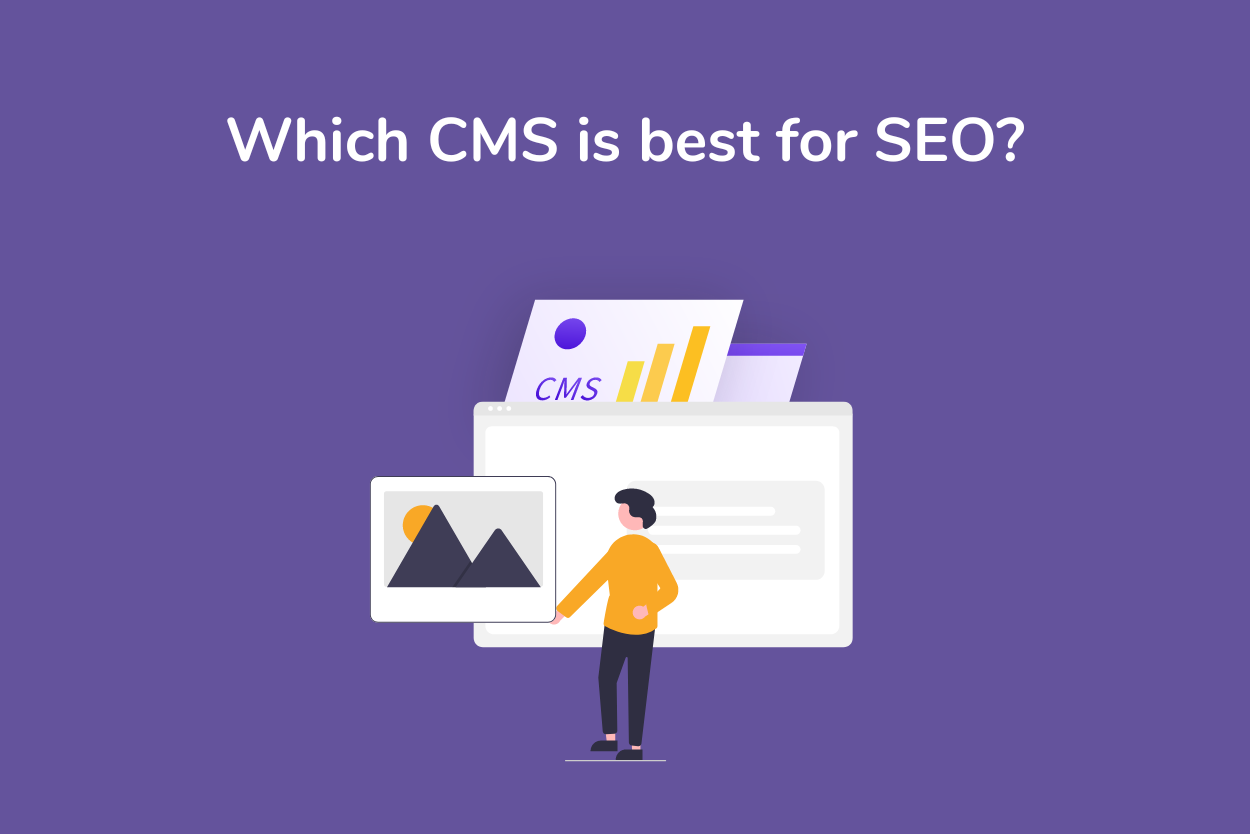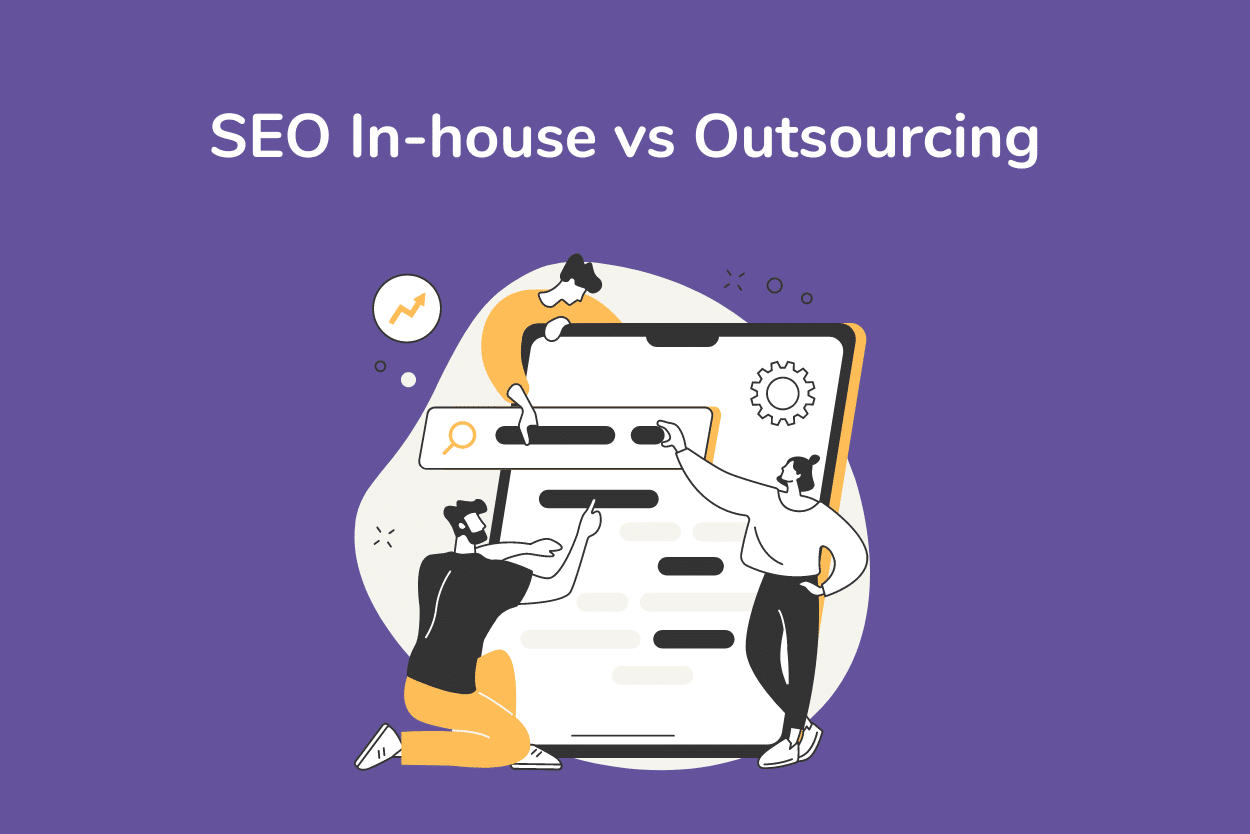
In this fiercely competitive SaaS industry, where innovation and customer-centricity remain paramount, content marketing has thus become an imperative strategy to inject impetus into business growth. Unlike traditional businesses, SaaS companies are based on recurring revenue models; hence, the acquisition, retention, and engagement of customers become more crucial than ever.
Content marketing for SaaS is far from simple creation and sharing. It means earning trust and educating your prospect to get them across a complex buyer’s journey. This blog will sail deep into what exactly SaaS content marketing is, why it is inevitable in any SaaS company, and how one can build or create an effective strategy that aligns with business goals.
What Is SaaS Content Marketing?
SaaS content marketing is a strategic approach focused on the creation and dissemination of relevant content to meet prospects’ and customers’ needs within the SaaS space. It is different from traditional marketing in that it focuses on relationship building with prospects through continually useful, relevant content riveted on blogs, white papers, and webinars.
This content would attract organic traffic to a website, nurture those leads, and convert them into paying customers. In addition, it is crucial for its role of customer retention, as there are incessant educational materials that keep up the interest of users and reduce the churn rate. Eventually, that means trust, expertise, and long-term relations with customers.
The Importance of Content Marketing for SaaS Companies
For any SaaS company, content marketing does not merely harness the power of lead generation; it educates customers, builds trust with them, and values a product.
Given the complexity associated with many SaaS products, prospects usually need detailed information so that they can make a purchase decision.
Content marketing does this by creating quality pieces of information that help by responding to customer pain points, revealing how your solution can solve their pains, and shepherding them along in the buyer’s journey.
10 Essential Steps to Crafting a SaaS Content Marketing Strategy
1. Define Your Target Audience and Buyer Personas
Identity who your ideal customers would be. Secondly, try to know their demographics, pain points, processes of decision making, and what triggers the desire to buy or own something. Intricate buyer personas can eventually enhance and make your content relevant for communicating with the audience’s specific needs and challenges.
2. Set Clear and Measurable Goals
Create goals and expectations that are clearly defined and measurable. Define what you would want to achieve with your content marketing strategy. Commonly, the SaaS companies focus on brand awareness, generating qualified leads or trials, customer retention, and SEO performance. It is important to have KPIs that can help in measuring progress.
3. Conduct Comprehensive Keyword Research
You need to know the search terms your potential customers are using to generate that organic traffic. Identify high-value keywords with regard to your product and industry by using SemRush, Ahrefs, or Google Keyword Planner. Then, work these keywords appropriately into the content for better ranking in results from all search engines.
4. Develop a Content Plan and Editorial Calendar
This structured approach ensures cohesiveness and helps to maintain high quality. Identify what kind of content will be developed, for instance, blog posts, white papers, case studies, videos, etc. This has to be combined with what topics are to be covered and at what frequency they are to be published. This would then form the editorial calendar, which keeps one in compliance with marketing objectives and content production.
5. Create High-Quality, Valuable Content
Be consistent in generating high-quality information that is relevant and actionable for a target audience. Quality content needs to touch on the pain points of an audience and solve them by giving value to a SaaS product. Mix up formats: written, visual, interactive—to include different segments of the audience.
6. Optimize Your Content for SEO
Make sure it’s search engine friendly by optimizing titles, meta descriptions, headers, and images with relevant keywords. Internal linking, mobile optimization, fast page loading times—these factors drives up the visibility of your content on search engines.
7. Leverage Multiple Distribution Channels
Content creation forms half of the battle. Distribution is truly essential. Share on your website, social networks, email newsletters, audience engagement, and industry forums. Consider guest posting or an influence collaboration for extra reach.
8. Utilize Data and Analytics
Make use of analytics tools, such as Google Analytics, HubSpot, or SEMrush, to track the performance of your content. Keep tracking the website traffic, engagement rates, conversion rates, and bounce rates. You’ll learn from an analysis of this data what’s working and where adjustments in strategy are needed.
9. Engage with Your Audience
Building a community around your content is very essential for its long-term success: be sure to direct people to comment, respond to feedback, and see if they’re discussing topics on social media or forums. Engagement with your audience not only instills trust but also helps answer questions regarding their needs and preferences.
10. Iterate, Optimize, and Scale
Content marketing is a continuous process. It requires multiple alignments against the several new insights that are continuously received from your analytics. Remember to test out other formats, topics, and distribution forms for your content. As this ripens, be keen on scaling up by either strengthening your content team or investing in new instrumentation and technology.
Why Is Content Marketing for SaaS Companies Different?
Content marketing, in this case, is special, as SaaS companies are somewhat different due to their business model based on subscriptions. This is unlike most traditional industries, where the minds of SaaS deal with long-term relationships with customers, so customer retention is as important as customer acquisition.
The complexity of SaaS products also means content needs to educate potential customers through the funnels of a longer sales cycle.
Besides, one of the key challenges for SaaS companies is the updating of content in keeping with frequently changing and updated products while keeping focus on thought leadership to build trust and credibility in a very competitive market—none of this can be done with an agile, data-driven approach to content marketing.
Key Content Formats for Effective SaaS Marketing
To maximize the impact of your SaaS content marketing stratagem, you need to engage in a mixed bag of formats that best connect with your target audience. Here are some principal formats worth considering:
Blog Posts
Up-to-date blogs are at the heart of SaaS content marketing. They allow one to shed light on trends in the industry, solve common pain points, and give a boost to SEO in order to drive organic traffic to the website.
White Papers and Ebooks
These deep resources are very valuable in demonstrating industry expertise, especially in providing detailed insights on complex topics. More importantly, they help in the consideration stage of the buyer’s journey in lead nurturing.
Case Studies
Sharing real-life examples of how your product has really made a difference in solving some challenges or other for clients will help in gaining their trust and credibility. Case studies are prove to be proof of the effectiveness of your product and may turn into powerful tools in convincing potential customers.
Videos
Videos are engaging media that include tutorials, product demos, and customer testimonials. They are also good at communicating complex subjects in easily digestible ways. They perform very well on social media, increasing your brand’s visibility.
Webinars and Live Demos
These are formats of engagement that permit interaction with your audience firsthand, answer questions immediately, and bring the customer a close look at the features and benefits of your product. Webinars are excellent for lead generation and nurturing.
Email Newsletters
Regular newsletters keep your audience up to date with the latest product and industry information, as well as information about events coming up. They are also very good at distributing your content and keeping existing and potential customers thinking about your brand.
Emerging Trends in SaaS Content Marketing
It is through the changing digital landscape that content marketing has undergone its evolution over some period of time. Some key trends to be aware of are:
- AI-Driven Content Creation: Automation tools are increasingly used to drive content production processes and personalize content in mass quantities.
- Video Content: Video has become all the rage, and SaaS companies are spending a lot more on video marketing. From product demos to customer testimonials, video content has become a priority.
- Interactive Content: Quizzes, Calculators, and Other Tools — This is a rising tide as a way of engaging users and offering value in a far more dynamic way.
- Focus on Customer Success Content: As retention becomes the key metric, more and more SaaS companies have started to invest in education and content that supports their existing base of customers.
What About Your Existing Content?
Your content is the gift that just keeps on giving, refreshed and repurposed. It gets outdated with time and will, therefore, need refreshes for updating it with new information, current statistics, and industry insights to help present it afresh. This will not only maintain its relevance but can also enhance SEO performance.
Repurpose your content into other formats, like videos or infographics. Regular content audits will ensure that material is updated and refreshed, or optimized. This helps extend the life of this content while increasing engagement for ongoing results.
Top Tools for SaaS Content Marketing Success
Several tools can help streamline and enhance your SaaS content marketing efforts:
1. HubSpot:

A comprehensive inbound marketing platform that offers tools for content creation, SEO, email marketing, and lead management. HubSpot is ideal for managing all aspects of your content marketing strategy from a single dashboard.
2. Ahrefs

Another leading SEO tool that excels in backlink analysis, keyword research, and content gap identification. Ahrefs is particularly useful for uncovering opportunities to improve your content and outrank competitors.
3. Canva

A user-friendly design tool that enables you to create visually appealing graphics, infographics, and social media content without needing advanced design skills. Canva is perfect for making your content more engaging and shareable.
4. BuzzSumo

A content research and analysis tool that helps you discover trending topics, analyze content performance, and identify key influencers in your industry. BuzzSumo is great for shaping your content strategy based on what’s resonating with your audience.
5. Google Analytics

A must-have tool for tracking website traffic, user behavior, and content performance. Google Analytics provides the insights you need to measure the effectiveness of your content marketing efforts and make data-driven decisions.
6. Grammarly

An AI-powered writing assistant that helps ensure your content is clear, error-free, and engaging. Grammarly is essential for maintaining the quality and professionalism of your written content.
Conclusion
SaaS content marketing: this is among the arsenal elements used in a proper digital strategy. Knowing in advance who your audience is, having a well-thought-through goal in every attempt, and relevant tools will definitely make a great way to develop a content marketing plan not only for pulling new customers but even maintaining the existing ones by nurturing them throughout their journey.
When the industry keeps developing, it will be about staying ahead of the trends and continuous optimization to keep that competitive edge. Whether just starting out or looking to fine-tune an existing strategy, there is huge potential with content marketing for driving growth and success at your SaaS business.



